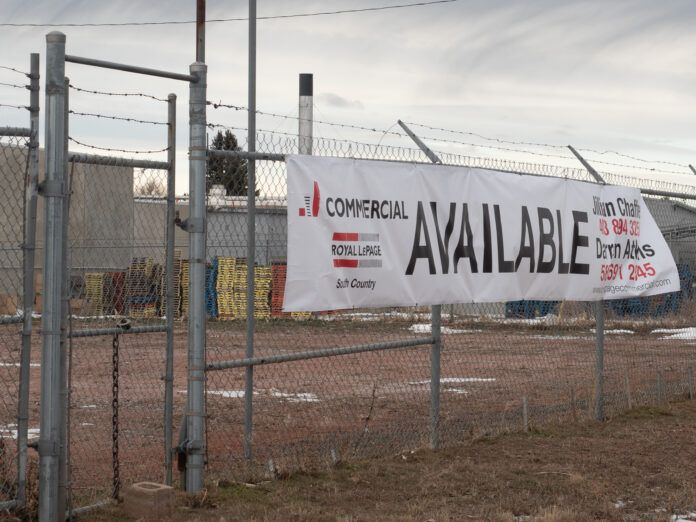Investment in commercial real estate and investment activity in Lethbridge is predicted to have a slow start this year, with a slow increase towards the end of 2023. The latest Avison Young Lethbridge Investment Market report attributes the prediction of a slow start to the year to global economic uncertainty.
According to the report, construction and building costs are driving inflation of commercial real estate prices. Despite this increasing sale and lease value of new commercial units, rents in Lethbridge are still lower on average than other community of comparable size in western Canada. The report notes this attracts national tenants to the city.
Despite the prediction of a slow start to the year, CEO of Economic Development Lethbridge, Trevor Lewington, said he is optimistic.
“The vast majority of businesses, about 70 per cent in Lethbridge, are very optimistic about this year, so there is kind of a bullish sentiment that things are looking good and most companies are looking to both expand and add employees, which I think is encouraging,” he said. He added though there are predictions of a recession on the horizon, Lethbridge has advantages that can help get through uncertainty.
“If you look at the national landscape, Alberta is expected to have the strongest growth so Alberta is probably the best positioned to weather that storm and within Alberta, Lethbridge has the lowest unemployment, the most diversified economy and so I am even more optimistic about Lethbridge’s prospects within Alberta.”
Lewington said Lethbridge is in need of more industrial and commercial real estate to support companies looking to move to the community. He added the city’s taxes are about 70 per cent residential and attracting more non-residential tax payers can have tangible impacts on residents.
“The other piece that affects you directly as a resident is that those property taxes that come from commercial/industrial means that we don’t have to go back to the residential side and jack up your property taxes in the same way,” he said.
The Avison Young report notes high demand for commercial space pushed local vacancy rates low, with about 3.8 per cent in industrial and three in retail.







